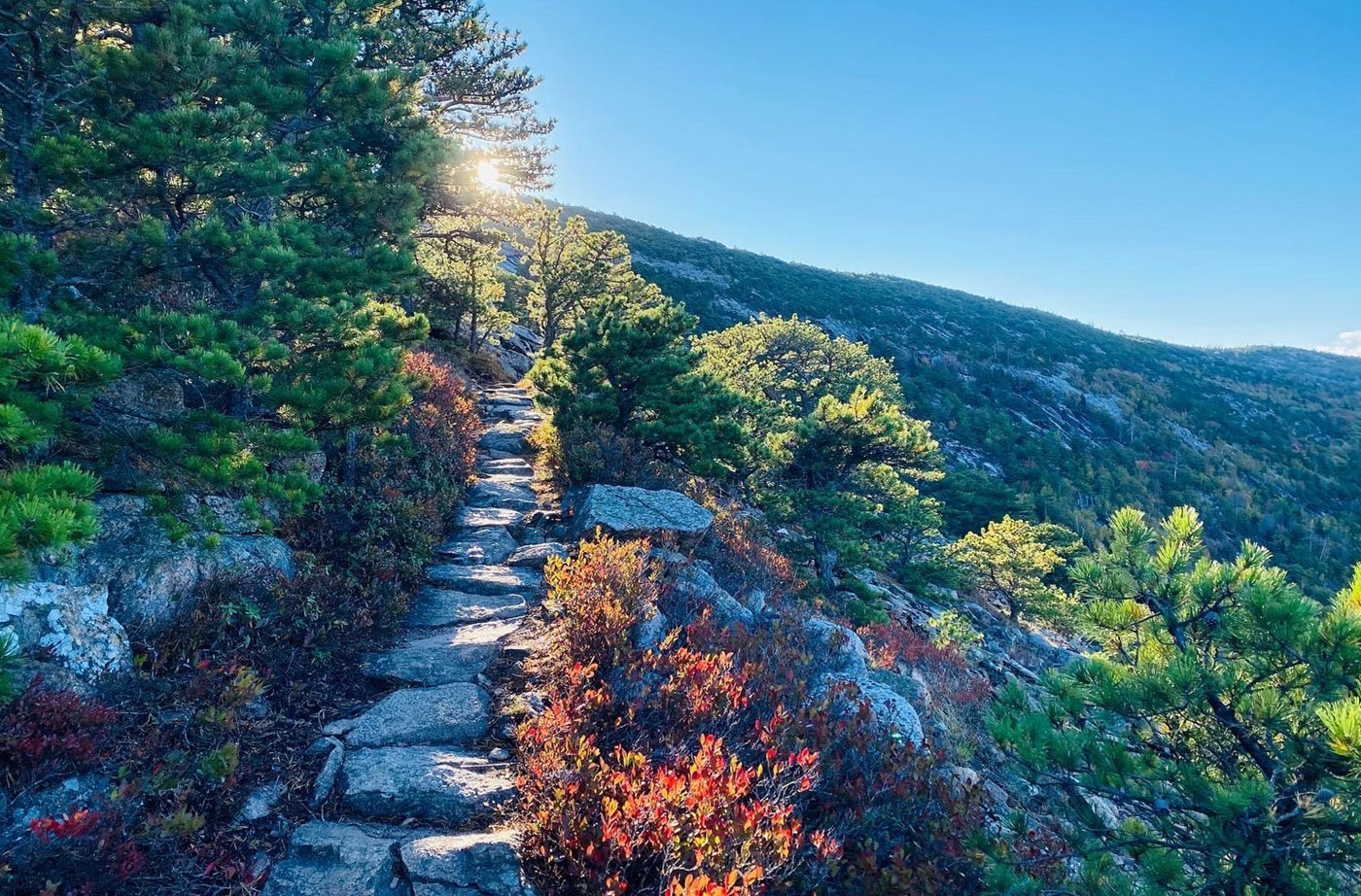For much of the past year, if someone asked how I was, I would give the same reflexive response: “Well enough…for 2020.” I heard this addendum frequently: from friends, coworkers, and family; an acknowledgment that the year forced us all to confront hardship, fear, loss, and the unsettling suspicion that the ground had shifted irreversibly beneath our feet. Similar to phrases like “thank goodness 2020 is over” and jokes about 2020 being cursed, it recognized that 2020 brought with it an unprecedented array of challenges far outside most of our lived experiences. Yet it also carried with it a subtle plea, a hope that 2020 was an aberration, a blip in our lives before a return to normalcy. And there are reasons to be hopeful for 2021 — the emergence of vaccines, a new administration in the White House, and the slow revival of our former routines of hugging loved ones and gathering in crowded restaurants.
Yet 2020 was not a blip. So many of the crises that made the past year feel anomalous—a global pandemic, fierce storms and wildfires, the outcry against racism and systemic injustice – are emblematic of the profound and ongoing challenges that humanity must urgently confront. While the COVID-19 pandemic felt like a bolt from the blue, in reality, scientists and experts have been warning for decades that globalization and the impacts of climate change would increase the risks of infectious disease. The apocalyptic images of the West Coast and Australia battered by flames and smoke-filled skies are otherworldly, yet are the sadly predictable outcomes of a rapidly warming planet and a harbinger of what is to come. The massive protests against police brutality and systemic racism have been labeled the biggest movements since the ‘60s and ‘70s, and are reminders that the legacy of slavery and generations of white supremacy remains tightly woven into the fabric of American society. And as much as many of us would like to pretend that Donald Trump’s presidency was an exception, the trends he represents — demagoguery, bigotry, nativism, the convergence of wealth and power — are an embedded and pernicious undercurrent of American politics. Even murder hornets, the most meme-ready crisis of 2020, augur the many ways in which climate change is impacting ecosystems and transforming the natural world.

Acadia National Park by Tom Kittredge
There will never be a return to ‘normal’ — to the way life was in 2019. And frankly, that is a good thing: should we really want to return to a status quo that allowed these problems to fester by insulating those with means and power from the impact of our choices? The tribulations of 2020 have underscored the immense inequities that exist in our world and have necessitated a reckoning with the outsized power that a small, privileged portion of the world’s population has wielded in determining the direction of our planet.
I’ve been contemplating my own privilege this year, not only the ways that my race, class, gender, sexuality, and nationality bestow power on me and deny it to others, but also the privilege that comes from living in this particular moment in time. Yes, the future is daunting and uncertain, and there are nights that I lie awake overwhelmed by the magnitude of the challenges that we must confront. But I’m also aware of how fortunate I am to live in a place that’s still green and verdant, in which I can step away from dread to rest in a pine grove or stroll the shore. I remember early in the pandemic sitting at my window watching two chickadees flitter from tree to tree, oblivious to any human crisis, and finding solace in the peace of wild things. For all that pain and fear that 2020 brought, it equally drove home how fortunate I am to live surrounded by wonder and beauty, and to have some say, however slight, in the future of our world. That is why I find my work with the Natural Resources Council of Maine so meaningful – it is a small but powerful way of taking a stand for so many of the precious places I cherish.
The past year has underscored the grave threats we face — the mortal threat of climate change; the creakiness of our democratic system; the deep inequities built into our political, economic, and social systems — while teaching us that it is not too late to overcome these challenges. It showed that collective action, advocacy, and democratic participation remain potent tools to achieve positive change. Tragedy and fear defined 2020, but so did stories of resilience and progress. From hospital wards to classrooms; Black Lives Matter protests to polling stations; fire lines to food pantries; reasons arise for hope and the belief that a brighter future is possible. If there is one lesson to be taken from 2020, let it be this: the time for action is now.
—by Tom Kittredge, NRCM Rising Leadership Team member










Leave a Reply